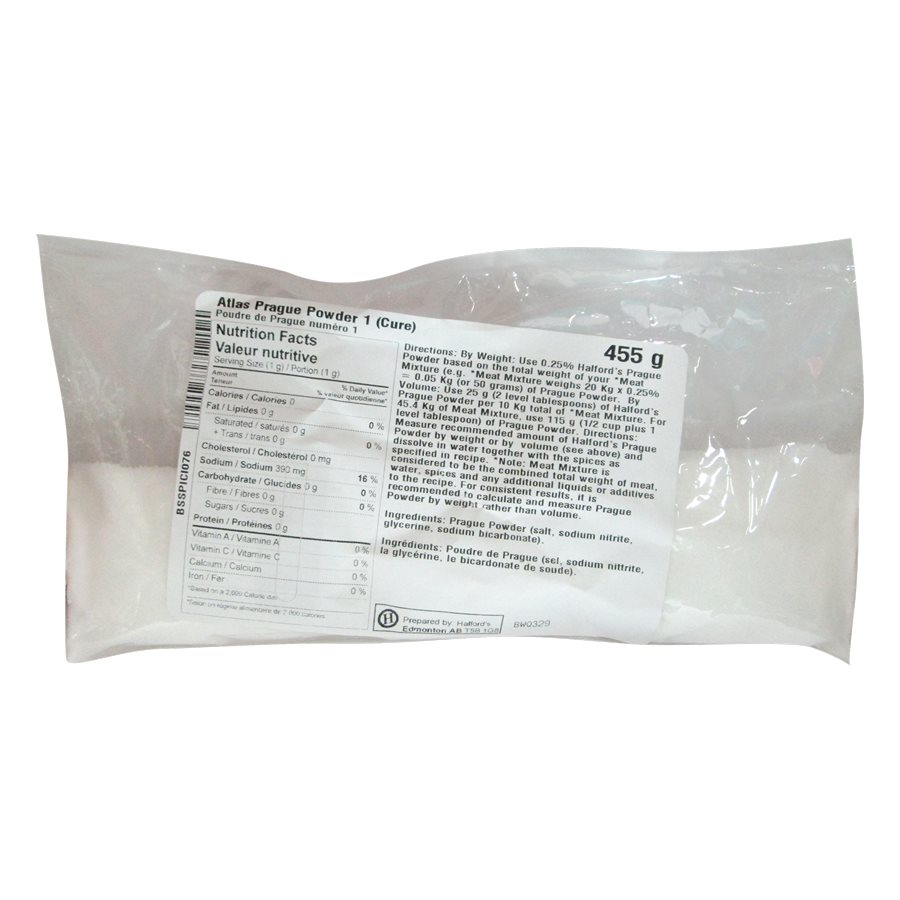Quote:
Originally Posted by pikergolf

hey recommend 120 grams or 6 Tbsp of #1 per gallon of brine. They explain the science of why they do it, but people seem to ignore it. They also explain that cure #1 is a fixed product 1oz. (6.25%) of sodium nitrite per pound of salt, so there are no fluctuations in cures.
So what gives? Why the wild fluctuations?
|
120 grams per gallon would be way out to lunch for 1 gal. In fact if you were to eat that improperly cooked it could actually prove to be fatal unless you were using 1 gal of cure to cover 48 KG of meat, which would be impossible. You must also remember that anything you cure with cure #1 must be cooked to a minimum temp of 120*F for the cure to break down to become safe for consumption.
When using cure you want to use 0.25 percent cure content to meat/ mix ratio. this includes you liquids.
Eg:20 kg of "meat mixture" times 0.25% ( 0.0025) = 0.050 Kg cure ( 50g)
Hopefully this picture will show up.

You can also use this link
http://www.diggingdogfarm.com/page2.html
It should be noted that not all cures are created equally. Halfords sells Cure #1 at 6.4 %. They also sell FS cure which is only listed at 5%, some "speed cures" can be as high as 8.5%, all of which are Sodium Nitrite based. It should also be noted that each cure will use different amounts of sodium chloride ( table salt) as well so the recipe must be adjusted if you use a different cure. If you use speed cure in place of cure #1 your results will be horribly salty even if you correct only for the sodium nitrite content.
Another reason for the great variances of cure in the recipes are because of local government regulations. Some go by total salts content, others require a minimum sodium nitrite content. There is also wet brining vs dry brining. Wet is how it sounds, a solution you place you meat in. Dry is more of a dry rub that removes moisture from the meat, become salinated then is reabsorbed into the meat therefore curing it.
The book Great Sausage Recipes & Curing Book by Rytek Kutas has a whole chapter just on curing salts. I would suggest anyone getting into sausage making get this book.
https://www.halfordsmailorder.com/gr...ng-book-bsrbr1